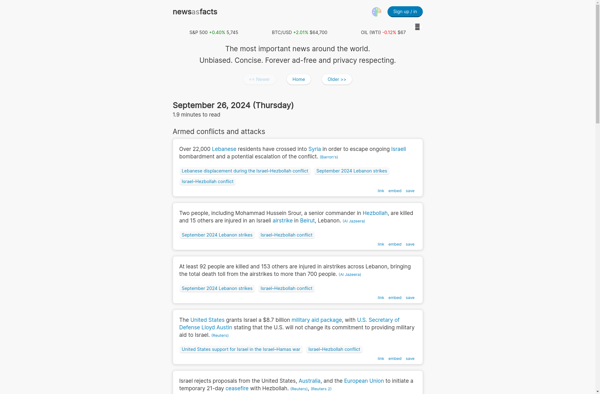Public Library of Science

PublicLibraryOfScience: Open Access Scientific Publishing
The Public Library of Science (PLOS) is an open access scientific publishing project aimed at creating open access scientific journals and other products to make research freely available to anyone.
What is Public Library of Science?
The Public Library of Science (PLOS) is a nonprofit open access scientific publishing project aimed at creating open access scientific journals and other products to make research freely available to anyone. PLOS was founded in 2000 by Patrick O. Brown, Michael Eisen, and Harold Varmus with the goal of making scientific and medical research openly available to the public.
PLOS publishes several peer-reviewed open access journals covering broad areas of science and medicine, including PLOS Biology, PLOS Medicine, PLOS Computational Biology, PLOS Genetics, PLOS Pathogens, PLOS ONE, and more. The publications use Creative Commons Attribution (CC-BY) licenses, allowing authors to retain copyright while allowing others to copy, distribute and make use of their work.
PLOS relies on fees from the authors of manuscripts, grants, donations and other revenue streams to cover the costs associated with peer review, editorial oversight, technological innovation, journal production, online hosting, archiving and other critical functions. Researchers and laboratories usually pay a fee of around $1500-3000 per accepted manuscript. However, many PLOS journals offer fee waivers for authors with financial needs.
PLOS is a major publisher in the open access space and has published tens of thousands of articles. The organization aims to accelerate progress in science and medicine by leading a transformation towards openness in scholarly communications. As of 2022, PLOS publishes over 70,000 peer-reviewed articles per year across its journals.
Public Library of Science Features
Features
- Open access scientific journals
- All works published under Creative Commons Attribution License
- Journals cover broad range of scientific disciplines
- Online submission and peer review system
- Indexing in major scientific databases
Pricing
- Open Access
- Author Fees
Pros
Cons
Official Links
Reviews & Ratings
Login to ReviewNo reviews yet
Be the first to share your experience with Public Library of Science!
Login to ReviewThe Best Public Library of Science Alternatives
Top News & Books and Open Access Publishing and other similar apps like Public Library of Science
Here are some alternatives to Public Library of Science:
Suggest an alternative ❐The Economist

CityFALCON

Bongino Report

Drudge Report

PressReader

The Wall Street Journal

The New York Times

CNN

News as Facts

Meduza

HuffPost

Sputnik News

Neon Nettle
